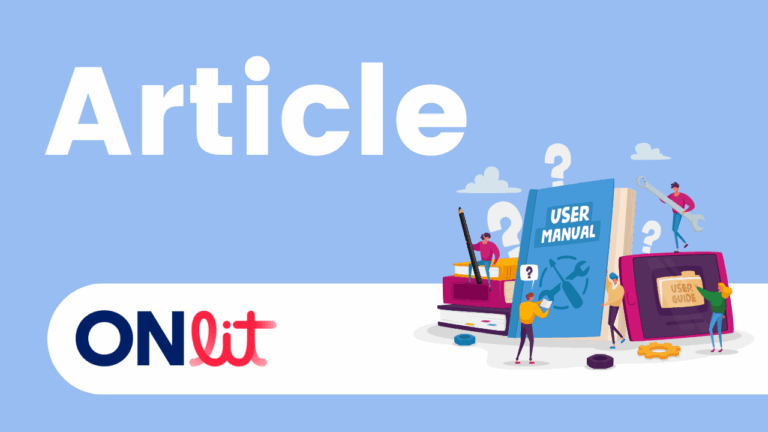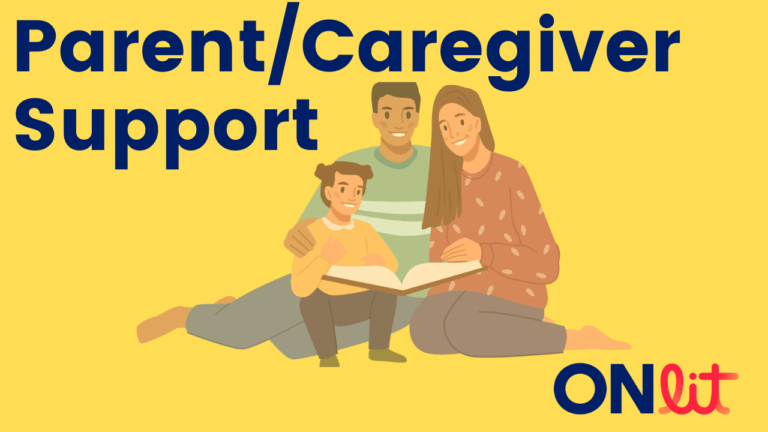Sample Grade 1/2 Language Block
This document shows a sample schedule for a language block in grade 1 or 2.

This document shows a sample schedule for a language block in grade 1 or 2.

It can be challenging to navigate the many subtests that can be used in universal screening! Skilled reading involves the integration of many subskills. This chart can be used to identify the most pressing need for instruction. For older students – start at the top and work your way down to find the lowest barrier…

With a new curriculum, there are lots of new terms for both educators and families to navigate. This glossary contains high-level explanations for many terms used in the Language curriculum, with the goal of supporting partnerships with school and home.

The Syntax Project is an open-source collection of grammar and syntax lessons created by a group of Australian teachers. Melinda Hinch, SLP in Greater Essex County DSB, has adapted the slides to incorporate Canadian content and aligned them with the B3 Language Conventions Continuum. Note that this resource is a Google Drive folder set to…

This book is a fantastic resource aligning closely with much of the new Ontario Language Curriculum and reinforcing how assessment can inform our instruction and interventions in order to best help students succeed in literacy. It’s valuable learning for classroom educators, those working in coaching/consulting roles and those in special education. While targeting skills typically…

This excellent, reader-friendly book helps bring the Multi-Tiered Systems of Support (MTSS) framework to life in the area of literacy, with 10 success factors to help elementary schools get results with MTSS. Success factors include “Group by Skill Deficit”, “Monitor Progress with an Appropriate Assessment”, “Use Intervention Time Wisely” and “Invest in Professional Development”. This…

This quick read (56 pages) from well-respected researchers and authors Drs. Hasbrouck & Glaser is an educator-friendly overview of reading fluency: defining it, assessing it, teaching it and integrating it, all backed by an abundance of reading research. This book supports the fluency expectations found in all grades of the 2023 Ontario Language Curriculum.

The Ontario Human Rights Commission’s Right to Read Inquiry recommended that the province implement universal early screening using evidence-based tools to reduce bias and support equity. As Ontario educators and boards collectively learn more about screening, several common questions have emerged. This document aims to provide clear language that systems leaders can use to respond…

Dr. Tim Odegard addresses myths around dyslexia, sharing his lived experience as a person with dyslexia. His powerful message encourages people with dyslexia to “shatter the myths and live the realities.”

This document shows a sample schedule for a 110-minute language block. It’s important to note that this schedule should shift across the school year to better meet students’ changing needs. For example, focus may shift more to multisyllabic word reading and spelling.

Self-Regulated Strategy Development (SRSD) is a highly researched approach to teaching writing. thinkSRSD has created a collection of free instructional materials for narrative, informational, and opinion writing.

Dr. Anita Archer models explicit instruction across multiple content areas (decoding, vocabulary, comprehension, writing, etc.). Each video has an accompanying viewer guide.